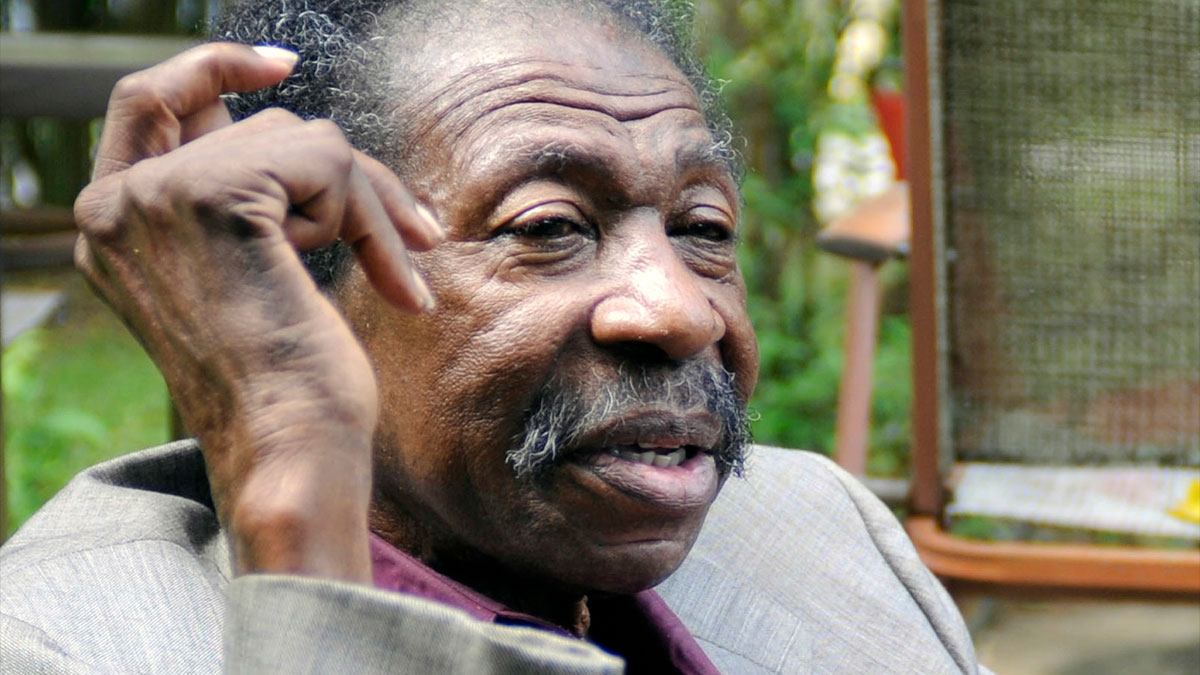
Dec. 20, 1958

Bruce Boynton was heading home on a Trailways bus when he arrived in Richmond, Virginia, at about 8 p.m. The 21-year-old student at Howard University School of Law — whose parents, Amelia Boynton Robinson and Sam Boynton, were at the forefront of the push for equal voting rights in Selma — headed for the restaurant inside the bus terminal.
The “Black” section looked “very unsanitary,” with water on the floor. The “white” section looked “clinically clean,” so he sat down and asked a waitress for a cheeseburger and a tea. She asked him to move to the “Black” section. An assistant manager followed, poking his finger in his face and hurling a racial epithet. Then an officer handcuffed him, arresting him for trespassing.
Boynton spent the night in jail and was fined $10, but the law student wouldn’t let it go. Knowing the law, he appealed, saying the “white” section in the bus terminal’s restaurant violated the Interstate Commerce Act. Two years later, the U.S. Supreme Court agreed. “Interstate passengers have to eat, and they have a right to expect that this essential transportation food service,” Justice Hugo Black wrote, “would be rendered without discrimination prohibited by the Interstate Commerce Act.”
A year later, dozens of Freedom Riders rode on buses through the South, testing the law. In 1965, Boynton’s mother was beaten unconscious on the day known as “Bloody Sunday,” where law enforcement officials beat those marching across the Selma bridge in Alabama. The photograph of Bruce Boynton holding his mother after her beating went around the world, inspiring changes in voting rights laws.
He worked the rest of his life as a civil rights attorney and died in 2020.

